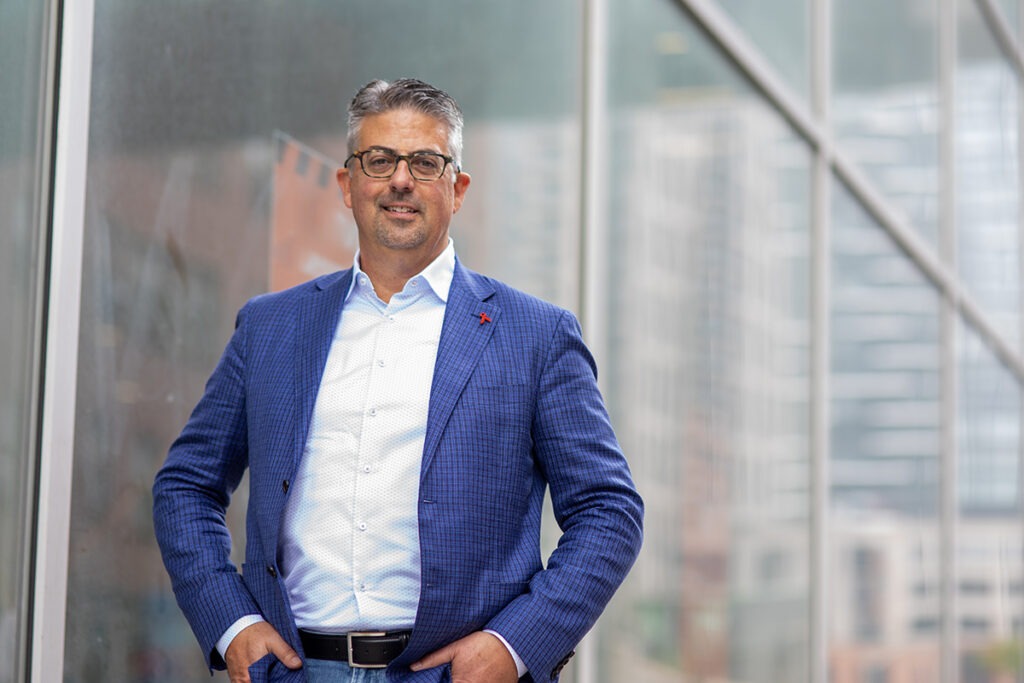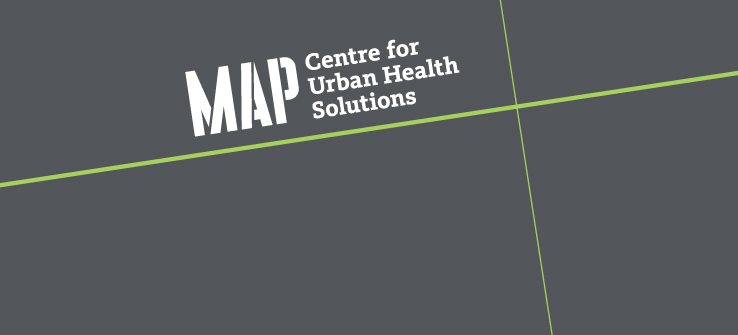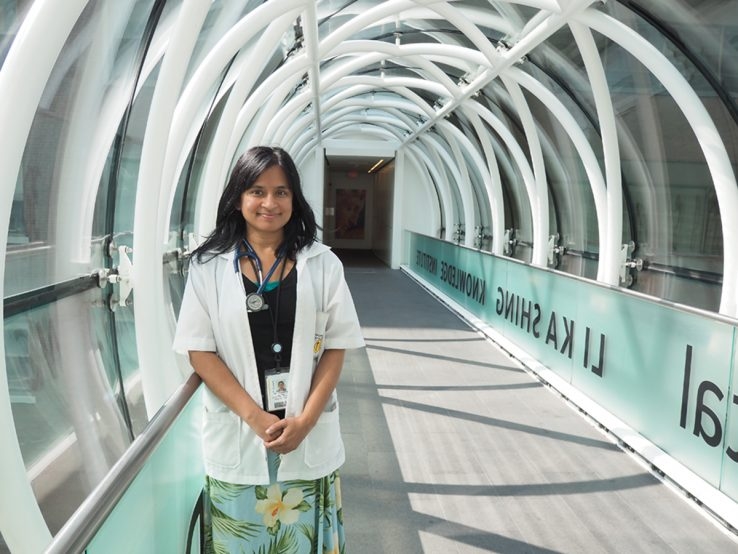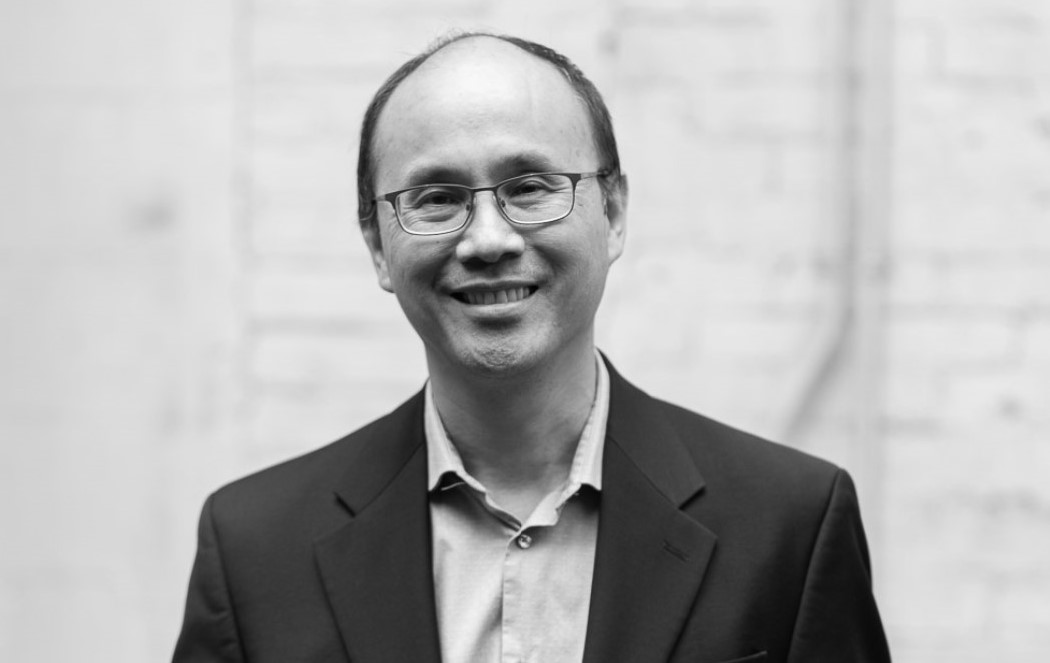Published Dec. 20, 2019
Summary
In Toronto, the Medical Officer of Health issues an extreme cold weather alert when temperatures fall below -15C. Recently, researchers led by St. Michael’s Hospital reviewed coroner’s records and emergency department charts from five downtown hospitals to explore the relationship between weather conditions and hypothermia among adults experiencing homelessness between 2004-2015. They found that while extreme cold temperatures put people at higher risk of hypothermia, most cases of injury and death due to cold occur in moderate winter weather.
This data suggests that the current state of the housing, shelter, respite, and warming centre systems in Toronto leaves many people at risk of injury and death due to cold. For example, there is currently only one warming centre open during extreme cold weather alerts (Metro Hall, with a capacity for 50 people). It is critically important to have a cold weather response strategy that includes low-barrier access to shelter beds and multiple warming centres throughout the winter months, not just on extremely cold days and nights.
Background
In Toronto, extreme cold weather alerts trigger additional
services for people experiencing homelessness. One dedicated warming centre
opens at Metro Hall, and there are additional overnight street outreach staff. Community
agencies are also asked to relax service restrictions and let more people
inside.
According to the City’s Shelter Census, most emergency shelters, respite centres and volunteer Out of the Cold programs are at or exceeding capacity. Even when the Metro Hall warming centre is open during extreme cold weather alerts, many people are still left outside. For example, in a recent interview, an outreach worker described how his client was turned away from Metro Hall, leaving her with no option but to sleep on the street. This suggests that more warming centres are needed, and not just during extreme cold weather alerts, but all winter long.
About the Research
Researchers reviewed coroner’s records, and charts from
emergency departments at St. Michael’s Hospital, Mount Sinai Hospital, Toronto
General Hospital, Toronto Western Hospital, and St. Joseph’s Health Centre to
explore the relationship between weather conditions and hypothermia among
adults experiencing homelessness in Toronto between 2004 – 2015.
Findings
- Seventy-two percent of hypothermia cases in people experiencing homelessness occur when temperatures are warmer than -15C, the threshold for an extreme cold weather alert.
- Rain, snow and damp amplify the effects of cold temperatures, leading to more cases of hypothermia.
- People who are homeless in Toronto are much more likely to experience hypothermia than the general population. People who are homeless account for 25% of all hypothermic injuries and 20% of hypothermic deaths.
- While moderate winter weather puts people experiencing homelessness at increased risk of injury and death, extreme cold weather further heightens this risk.
Implications
The current state of the housing, shelter, respite and warming centre systems in Toronto leaves many people at risk of injury and death.
It is critically important to have a cold weather response strategy that includes low-barrier access to shelter beds and multiple warming centres throughout the winter months, not just on extremely cold days and nights.
For more information about this evidence brief, please contact MAP Director Dr. Stephen Hwang: Stephen.Hwang@unityhealth.to
References







